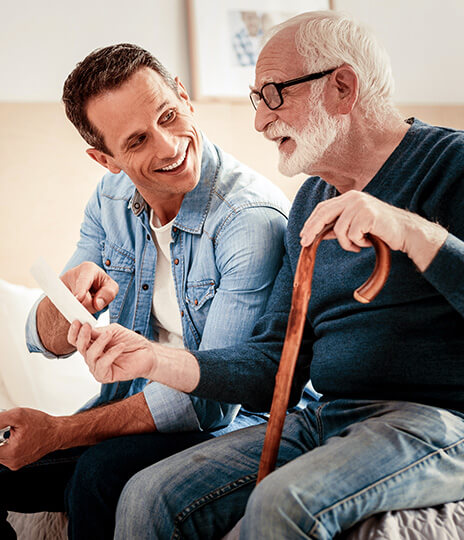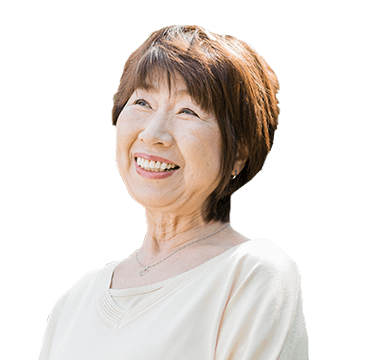
Caregiving Support
Becoming a caregiver can happen very quickly due to a health event — like a fall, hospitalization, or heart attack — or it can creep up on you gradually. Caregiving may start with taking your loved one to the store and to appointments and slowly transition to daily living needs like bathing, dressing, and feeding. Before you know it, you are a critical part of your loved one’s quality of life.
Caregivers can be spouses, partners, adult children, parents, other relatives (siblings, aunts, nieces/nephews, in-laws, grandchildren), friends, and even neighbors. Whatever your relationship with the person you are caring for, know the resources available to you.
Everyone knows someone who either is a caregiver or knows a caregiver. The circumstances around caring for your loved one is as unique as you are. Sometimes there is an extensive support system of family and friends, and other times, the caregiver is on their own. Whatever your situation, there are organizations ready to help.
Our Aging Well Resource Coordinator can help you understand your needs and access these resources.
Finding Help
The Department of Health and Human Services has a terrific website with caregiver resources. You can search for assistance in your community, explore caregiving options, find guidance on long term planning, and more.
Eldercare Locator is another online resource that can help. This is a public service of the U.S. Administration on Aging, connecting you to services for older adults and their families. You can also call Eldercare Locator at 1-800-677-1116.
Respite Care
A common trait of caregivers is they do not take time for themselves. This leads to burnout. Respite care helps lift the weight of caregiving by providing short-term care at home, in a health care facility, or at an adult day care center. The National Respite Network and Resource Center can help you find reliable respite care in your area.
Understanding Respite Care
For more on how to access respite care and the different types of care available, head to our blog post, Understanding Respite Care.
Preventing Burnout
Burnout can occur when caregivers don’t get the help they need, or they try to do more than they are able to. As a caregiver, it is important to be mindful of your own physical, emotional, and mental health as well. HelpGuide can help you understand the signs of burnout and gives tips for finding help.
AARP has a section on its website dedicated to family caregiving. It also provides ways to link caregivers to others for support. You don’t have to be a member to view their information.
If you need help finding caregiving support, reach out to our Aging Well Resource Coordinator.
Navigating Your Role as a Caregiver
Read our blog for more resources on how to navigate caregiving, find support, and more.

